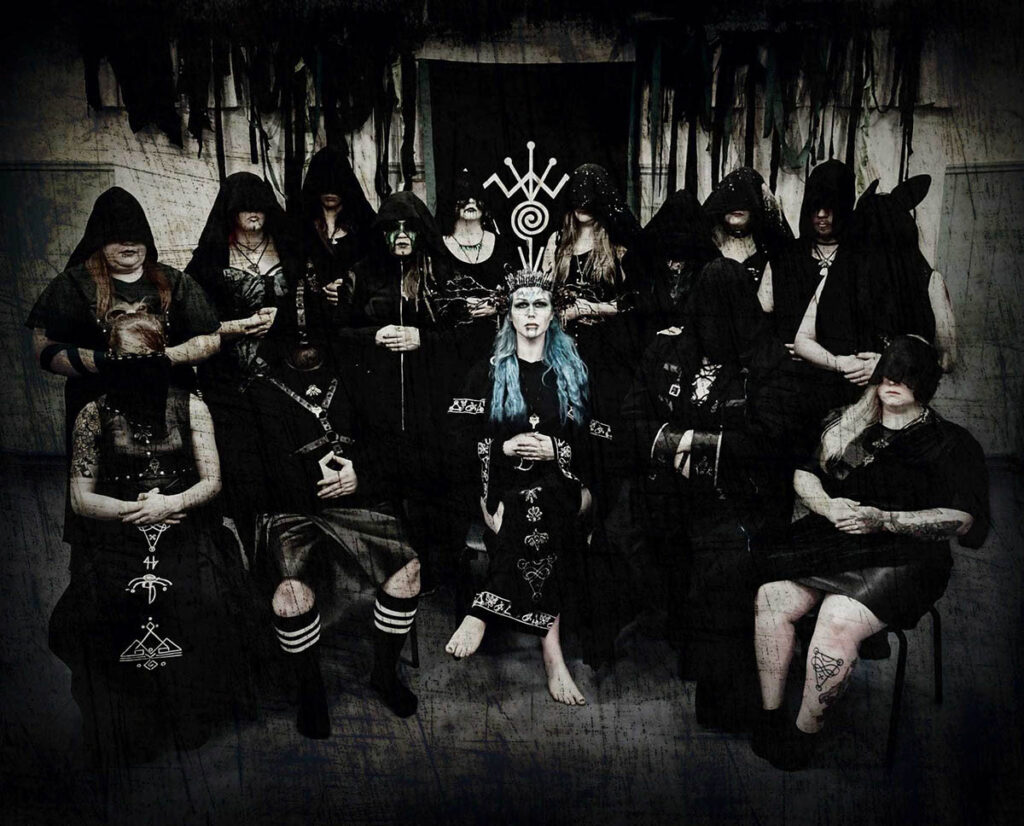A blend of ancient shamanic practices and modern movements developed into a mystical and controversial movement by Carlos Castaneda.
Tensegrity, often associated with Carlos Castaneda, emerged in the 1990s as a modern interpretation of ancient shamanic practices. Castaneda, born Carlos César Salvador Arana in Cajamarca, Peru, in 1925, became a significant figure in the New Age movement through his series of books starting with “The Teachings of Don Juan” in 1968. These works purportedly describe his apprenticeship with a Yaqui “Man of Knowledge” named Don Juan Matus. Despite early acclaim, the authenticity of his accounts and the existence of Don Juan have been widely questioned, with many scholars considering his books to be fictional.
Background
Castaneda’s journey into the heart of shamanic wisdom began with his anthropological studies at the University of California, Los Angeles (UCLA), where he claimed his meetings with Don Juan formed the basis of his bachelor’s and doctoral theses. Over time, Castaneda’s narrative evolved from a quest for psychedelic experiences to deeper explorations of nonordinary reality and the potential for human perception, introducing concepts like the “nagual” and “tonal.”
Tensegrity and Cleargreen Incorporated
In the 1990s, Castaneda re-emerged from a long period of public silence to promote Tensegrity, which he described as a series of movements, breaths, and practices that were developed by ancient Mexican shamans. Along with Carol Tiggs, Florinda Donner-Grau, and Taisha Abelar, he founded Cleargreen Incorporated in 1995 to organize workshops, publish books, and sell related merchandise, aiming to teach these practices to a modern audience.
Castaneda’s Death and Legacy
Carlos Castaneda died in 1998 from complications of hepatocellular cancer. Following his death, several of his close companions disappeared, leading to speculation about their fate and further adding to the mystique and controversy surrounding Castaneda and his teachings. Despite these controversies, Tensegrity remains a practice with followers worldwide, drawn to what they see as a path to greater awareness and understanding.
Critical Reception
While Castaneda’s works were initially met with enthusiasm, their credibility has been extensively challenged over the years. Early reviews praised the narrative and philosophical depth of his books, but later critiques focused on the lack of verifiable evidence and inconsistencies with Yaqui traditions. Today, the consensus among critics and scholars leans towards the view that Castaneda’s accounts were largely, if not entirely, fictional. Yet, the debate over the legitimacy of his work and the practices he promoted continues, underscoring the complex legacy of a figure who captivated the imagination of a generation.
image via castaneda.com




